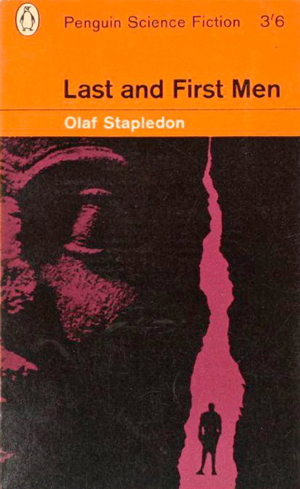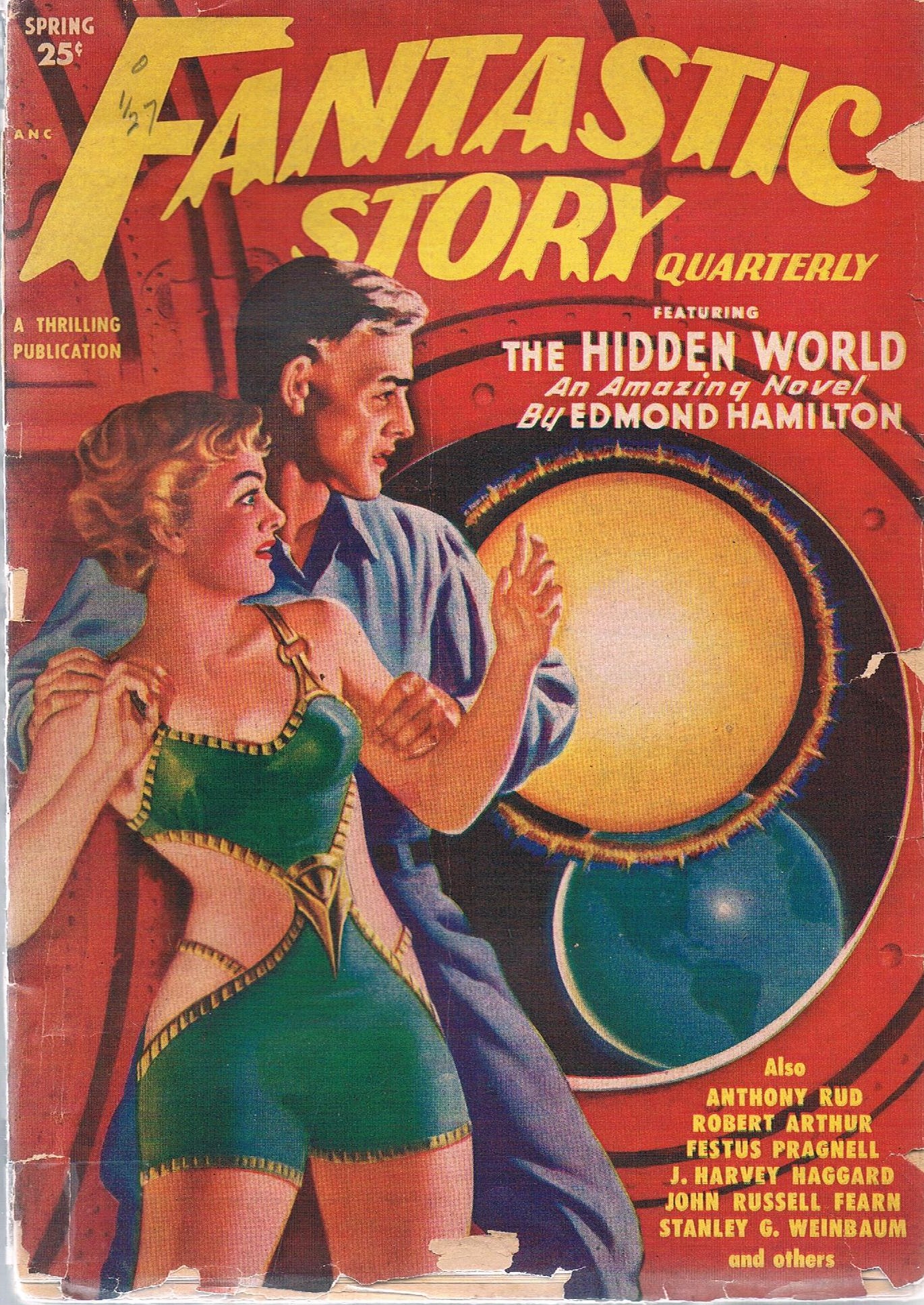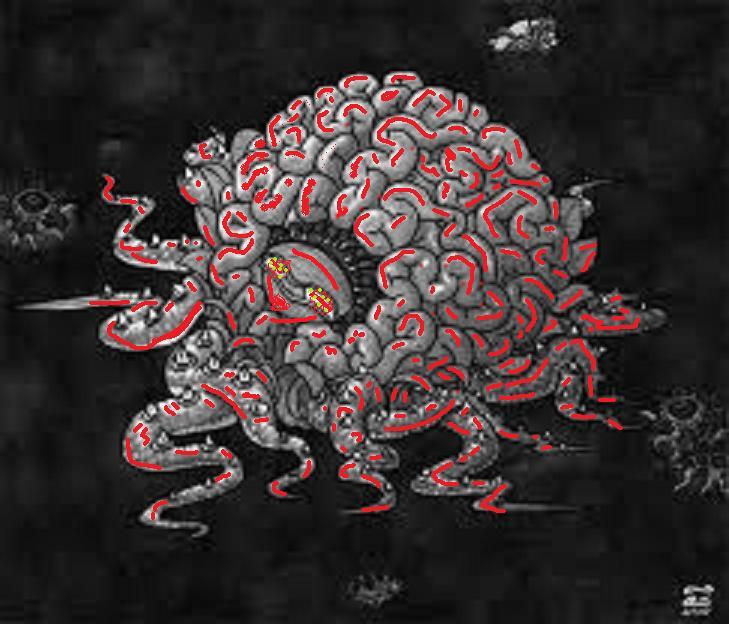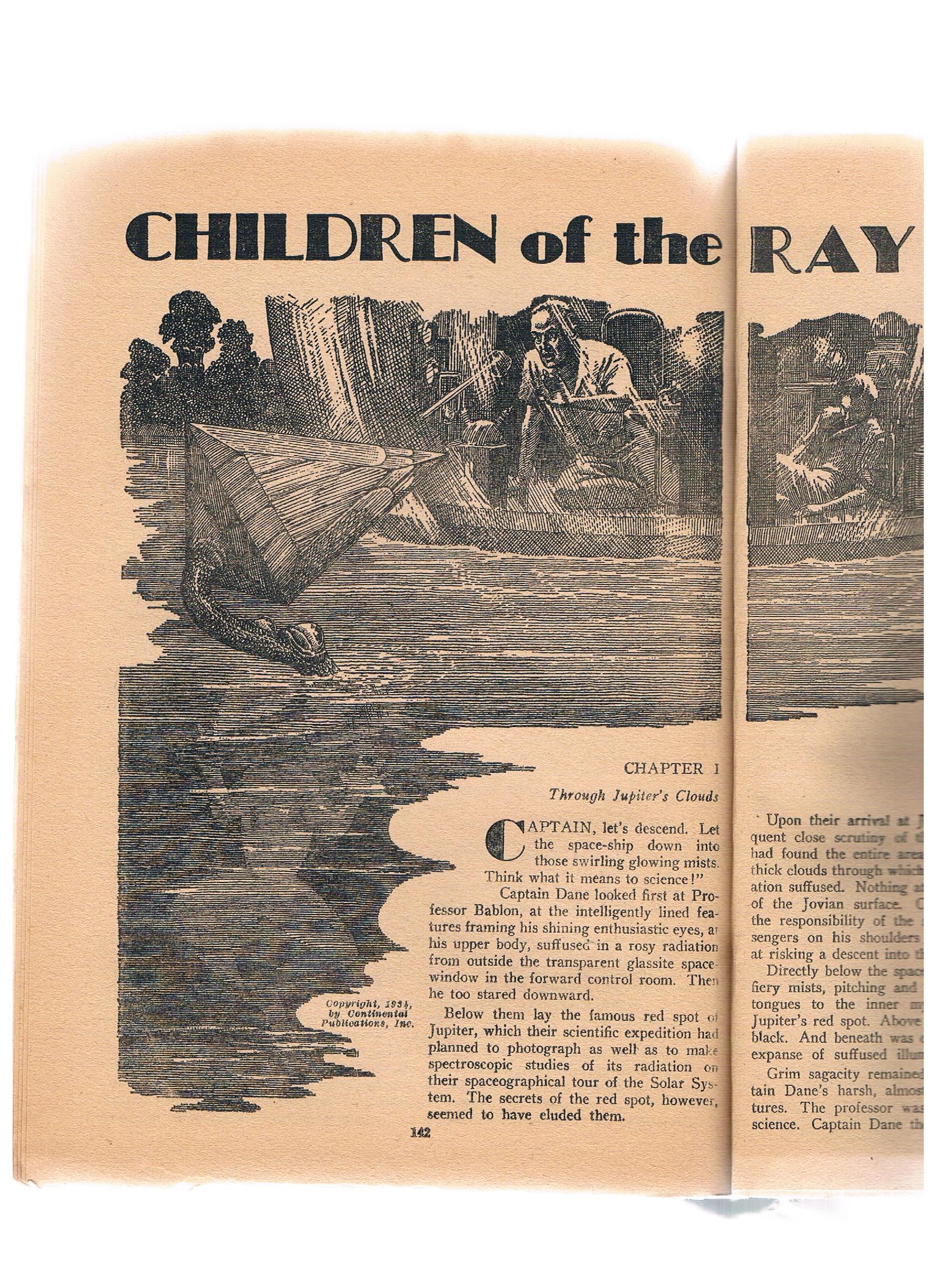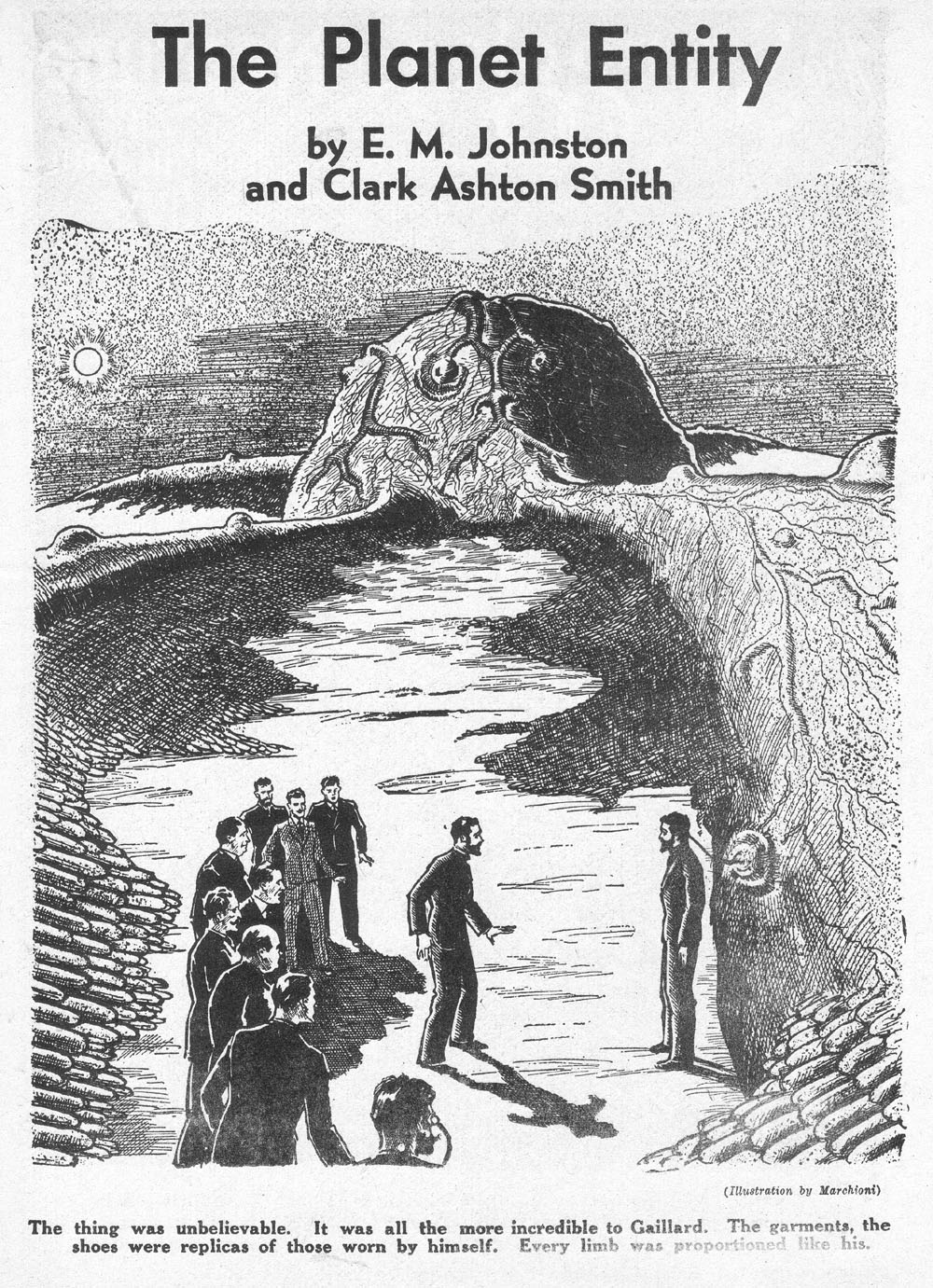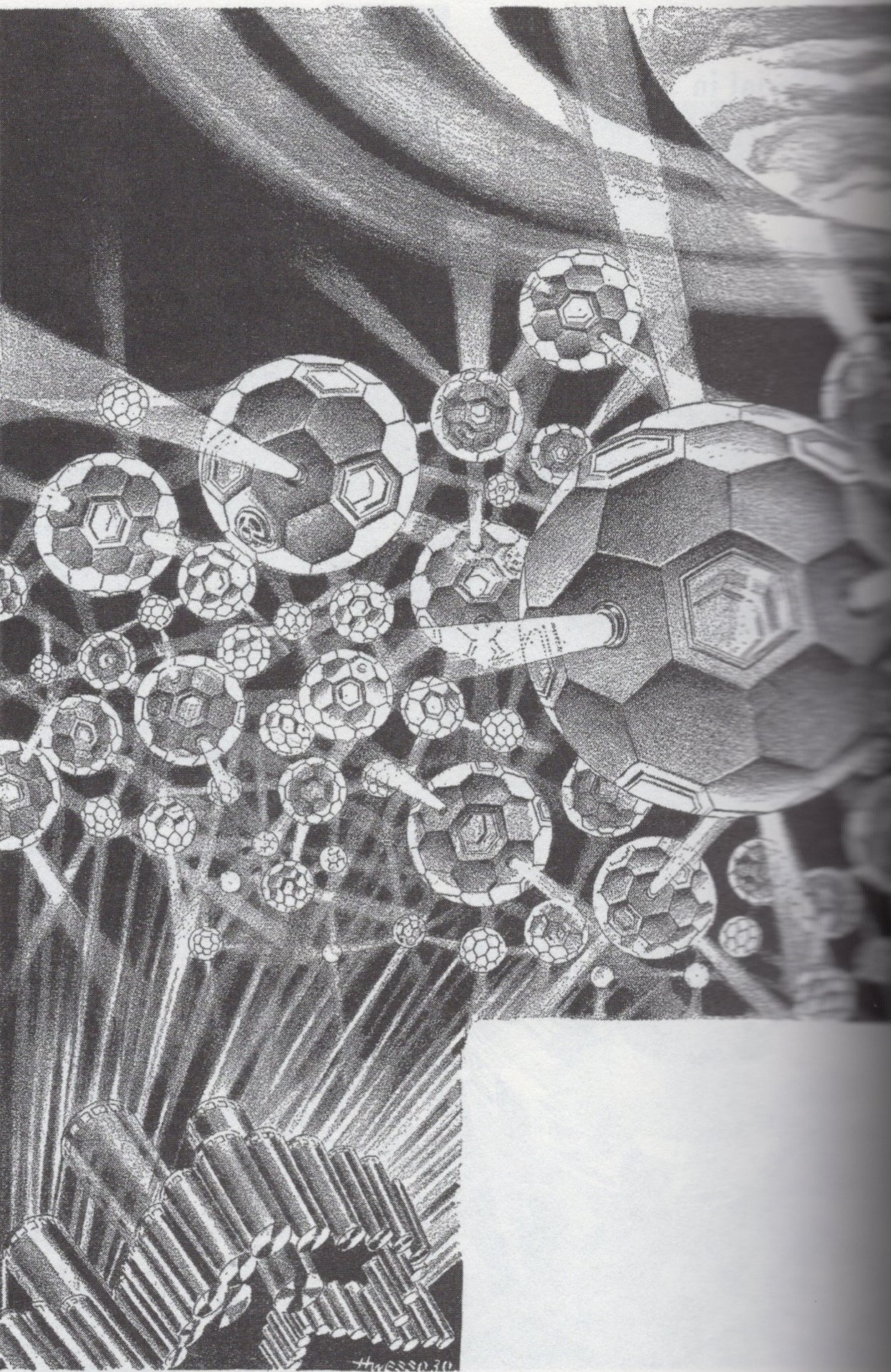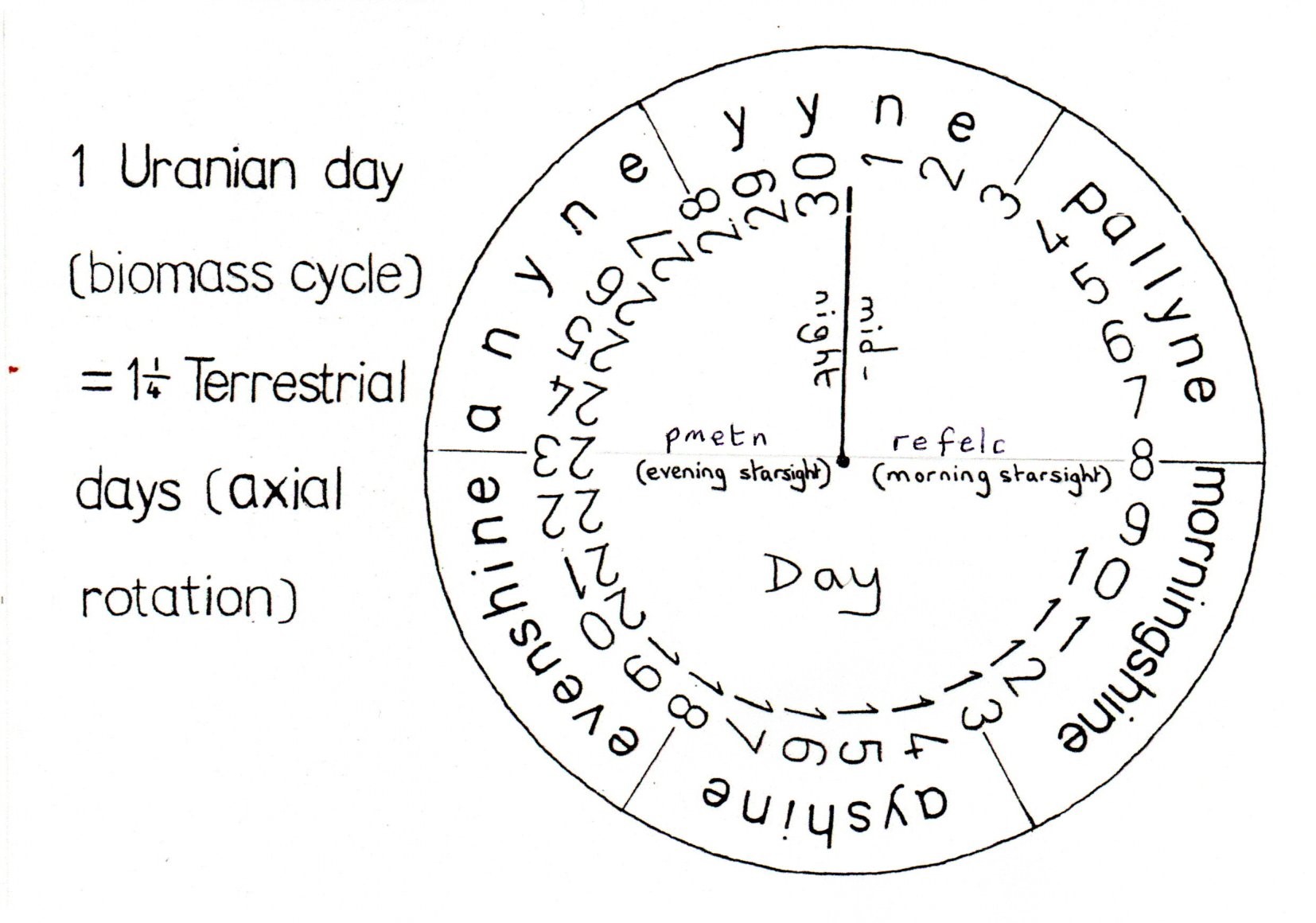Man of the World by Robert Gibson
17: the time-tree
How best to kill the afternoon and evening? Simply go back to your room at the Institute, and prepare, advised one inner voice, but another contradicted, Go to the rendezvous in town, and be sociable on your last evening in Serenth.
Apprehensive of the effect of useless party-going at a time like this, he nevertheless heeded the second voice as the Institute’s back entrance neared: he swerved to continue along Rheddon Avenue, making for the city centre, one last time.
Because it was the last time, it all seemed brighter than ever, newer than new, as each tread of boot-sole on pavement tapped out a momentous farewell. The landscape of the road etched itself on his eyeballs. Say goodbye to the beloved city; look at it; savour it; bathe in its clean colour for the last time.
A certain patch of lawn drew near. He glowered at it in passing. The patch that had triggered all the trouble! Now there was an official notice – “DISCOVERY SITE” – stuck on a post in the ground beside the original fused grass-blade, proclaiming its significance, though by this time it was no longer unique: three more blades nearby had likewise fused, but still, that first example would remain forever the one and only First Harbinger of Sparseworld.
Shall I turn left, for Csulp’s? They’ll be starting the farewell party. Pjerl’s sure to be there. But no, it’s not such a good idea to meet her now. I’ll soon need all my self-possession, and to lose it would be the worst way to celebrate the end of my training. To get my guts churned on the eve of Entry – a sure way to turn success into failure.
What then did he need? Steadiness. Morale. Moderation, clarity, courage. Psychic dexterity to fight off negative moods. Alertness against sneak attacks of over- or under-confidence. Well, all that shouldn’t be too hard. All he had to do was to stay sober as a hunter, ball his mental fists and hope to hit something solid if any opposition – either from a shifty universe or from his own stupid tendencies – dared to show itself. He wasn’t a Splasher for nothing. A big thought, that – or it ought to be. Then came a small thought, a regretful wail: I might have found it good to speak with Ultrisk and Kmee. During these last hours he had remembered that wise couple, and he missed their comforting presence. But this is a day too late to see them. They’re in the big box already. For not only trainees but some Institute staff were going in too, in increasing numbers. Natural enough – as Sparseworld approached, applications for Entry from all sections of society must increase, he supposed. Soon everyone will be clamouring to get inside. Well – “soon” was an exaggeration. The situation hadn’t got within sight of that point yet. And most staff remained on duty. But none of them would tell him anything further, he knew. As for his fellow-trainees –
They’re either swotting in their rooms or going to the party. Which shall I do?
I don’t have to do either!
I can be more original than they.
Midax continued walking on the radial road. He would ignore the farewell celebrations. The splendour of mid-day blazed about him. The torrent of sunshine crisped his determination as it splashed onto beautiful glazed houses, fine public buildings, octagons, lawns, avenues and gem-bordered pools. At this hour, the climax of the cycle of the Fount, or Time-Tree, he could not resist walking the full distance to the city’s hub.
In Serenth, if you dare to follow the glimpsed flash-flash-flash as far as the city centre, you can meet reality bubbling from its source. Yes, if you go far enough, you see more than its reflections on the higher walls: you begin to see IT, itself.
You cannot look at it directly, but with averted vision you can endure it. Call it a clock. Call it a heart beating, the universe’s heart.
Or use one of the innumerable circumlocutory strategies for describing it, around such terms as tree, fountain, firework, the perpetual firework soaring at noon and reduced to an ember at midnight; the illuminator of the world, the counter of days. The Time-Tree. Or, the geyser roaring up from the ground, up to a height which varies hourly, fading as it soars further towards the zenith Sun to which it is connected like a wire. The Fount.
You go down the first set of steps and enter its outer court with head bowed. You do not stray too close too soon, for it is easy to imagine a stumble, easy to imagine your way down that fiery throat. What would happen to you then, as you fell into the heart of hearts of every cosmos, the source of every beat? No answer because no thought except the beat, always the beat, everywhere some kind of beat –
Day / Night. Solidity / Space. Many / Few.
Midax drew back a step and found he could think again – barely.
What is at the root of the Time-Tree? And what does this Fount, this Tree, look like? He looked and tried to answer. A thing to which you must ascribe all colours or none. The spout of some open vein of reality – not likely to be describable. Still, you could call it a jet of flame risen like a stalagmite towards the Sun. Slow lightning, diurnal-rhythmic, which jumps between ground and Sun, at this spot in the middle of what used to be nowhere before the city was built around it – unless, perhaps, Serenth has existed forever, suffering its periodic Sparseworld deaths when the Fount declines into abeyance.
It would be good to know why things are as they are, but it is impossible to study the Fount. So, as you cannot examine what’s in front of you, you turn aside and look at what has been lovingly planted and constructed and excavated in a circle around the roaring flame.
You let your eyes rest upon the series of steps, the red lawns and the green, the old craggy-but-polished terraces. The lawns are lusher here than anywhere else, of course. They are grown in colours which clash on purpose, to keep the eyes awake in the ambience of the stroboscopic peril.
As for the walls of the courts, they are now unique, since Icdon died. They are rock-bastions drenched in the Time-Tree’s direct light, so that from them, moment by moment, complexities are growing, fractals emerging, rock-curls growing gradually into people.
The birthplace of the citizens of Serenth.
Midax gazed at the unfinished, half-sculpted forms, the growing, complexifying citizens who seemed frozen in the act of shouldering themselves out of the rock of which they were still composed. Slowly but surely they were – he knew – in the process of developing and detaching; the exact reverse of those aged people who sought their rocks and merged gently back into them. He saw a few of those latter, too, but, being polite, did not look at them directly.
Either way, detaching or re-attaching, isolated figures are rare; groupings of many individuals are the norm. Rock-veins of crowded compositions form the families of Serenth.
In a brief puff of family pride, Midax rested his eyes for a few moments on the Rale Rock. Usually, as now, you can see some who are quite advanced. Before too long they’ll be ready to step forth. Others, at the opposite extreme, are hardly as yet discernible, mere hints of contortion in the roughness. Those – the most recently begun, the furthest from being born – are the unfortunates whose eyes will open, if at all, only for a little time before Sparseworld…
The Rale Rock, here in the lower and inmost court, was one of the closest to the Time-Tree’s flaming throat. To this proximity Midax Rale owed his status in life – his vividness, his lively intelligence, his gender-definition, his metabolism and his drive to excel.
He allowed himself a moment of pride, and then, as usual, shrugged it off – with the inevitable thought, it was none of my doing.
His mind roved on to memories of the births he had witnessed – he remembered standing by certain forms as they dazedly shook free. Those new-born had to be led away by the hand, to homes where for a few days their blank minds could begin to acquire a knowledge of society. Midax had guested a few “blankies” himself, both men and women. And that thought brought him, as ever, to the old old question: why this separation of humanity into men and women? The topic had haunted the best thinkers of Serenth for countless ages – for so long, in fact, that nowadays philosophers had mostly given it up. They “glossed over” the question, claiming that it was meaningless. That – thought Midax with a contemptuous smile – was standard practice for thinkers who did not wish to admit they were beaten, but he was less proud: he cheerfully admitted he was beaten. So, like the philosophers but more honestly, he would bother his mind no more with the gender riddle.
Unlike the philosophers, though, he continued to admit that the question must be meaningful and exceedingly important. Unanswerable – but vital nevertheless. Far from being an idle thought, it must have some weighty bearing upon the whole predicament of human life. But then you could say that about many another complication, and what good did any of these conundrums do? Who had ever profited from investigating them? Might as well shrug ’em all off. In that sense the defeatist philosophers were right.
Yes, one might as well face the fact that complication was a law of reality, complication versus simplicity the great theme of this universe.
Hence the man/woman division was justified by its results: it made life more of a headache. That, apparently, was its role.
For instance: without that gender division, the Great Complication would be impossible; for that gut-churning experience – that bursting revelation of infinite value shining from another individual – always occurred between a man and a woman.
“But still,” he heard his voice mutter aloud, “there must be a reason.”
And a voice, a real voice, answered him:
“No, not yet.”
Midax whirled.
A dark outline stepped towards him against the flashing brilliance of the Time-Tree. Midax shuddered as though he were witnessing the emergence of some dark spirit from the Fount itself. Then he saw who it was, and recovered.
Examiner Jaekel chuckled, “I’m not altogether surprised to find you here.”
The moment of terror had left Midax bleak of mood and he replied surlily, “Small wonder. Why should I not come here on my last evening, in search of answers? They certainly don’t seem to be available anywhere else.”
“But you’ve been taught enough,” she gave back, “not to begin by saying, ‘there must be a reason’.”
“So that was a stupid thing to say?”
“Very stupid, Midax.”
He digested the rebuke.
“Don’t powerful things need powerful reasons?”
“Not here,” Jaekel replied.
Standing in the presence of the Fount’s transcendent roar, Midax was unable to argue. Indeed, here, power existed of itself.
“The weightiest, realest phenomena,” Jaekel’s voice crashed on, “are the ones which erupt without reasons, obviously. Haven’t you experienced this yourself in recent days? Haven’t you been hit by the close connection between power and pointlessness, in our Universe Six?”
Midax thought of the Great Complication, and held his tongue.
“Ah,” laughed Jaekel, “your expression is eloquent enough.” She continued, “Fore-shadowings, not reasons, are what you should be looking for.”
“And what’s wrong with reasons?”
“Nothing – but our universe doesn’t need ’em.”
“Why not?” he persisted.
“Because it’s still directly true. Universe Six is all axiom.” She waved at the coruscating geyser behind her. “Appreciate it while you can.”
“While I can? That sounds ominous! You know, all I’m going to do tomorrow is enter a big glass box – and that’s not final. Some day I’ll emerge.”
It seemed that Jaekel was determined to ignore his words as she continued: “Our universe will be the last in which this level of truth will be visible to the naked eye. The last universe to be audible in its throbbing. You won’t hear any such pulse in Universe Seven.”
Midax said dryly, “I’ll bear that in mind if I ever change universes. Meanwhile, about tomorrow – ”
“Not literally, anyway,” Jaekel still persisted in talking past Midax as though he had not spoken. “Universe Seven will be a wilder universe than Universe Six. It will have savage distances and violent cosmic events. But – ”
“But,” said Midax, who had given up trying to steer the talk his way, “you’re suggesting that it won’t have anything like this.”
“Right you are. No closeness to any Fount there. But,” her eyes twinkled, “that means they’ll escape our big worry, won’t they?”
“You mean, no Sparseworld?”
“Right! No Fount – thus no waning of the Fount – thus no Sparseworld threat for them.”
“Do we know that?”
“We do. But don’t feel you’ve got to envy them. They’ll have other disadvantages, they’ll have their own struggles.”
“Which you know all about, I suppose.”
With an airy gesture Jaekel replied, “We know the shape of things. Instead of our own eternal cyclic struggle, they’ll have a different eternal cyclic struggle. Yes, they’ll have some see-saw thing, you can bet on that. With us, it’s simplicity-versus-complexity, but with them it might be matter-versus-antimatter, or dark energy versus gravity…”
“You’ve lost me completely now. You know so much, you can even make plausible guesses as to conditions in the next universe, and yet…”
“I can tell what’s irking you,” said Jaekel.
A pause. “Well,” said Midax, “I’ll say it. Tomorrow is my Entry, and I’ll be going in with absolutely no idea of the relevance of all the fascinating stuff I’ve been cramming into my head during the whole of this course.”
Jaekel wheeled her arm to indicate the long line of towers re-reflecting the Time-Tree’s energy-beat all the distance to the myriad receivers over in the great glass box. “Is it not better to be shown, than to be told?”
He shook his head: “Not if the show is dumb.”
“You’ll find out, once you’re in, how the Luminarium holds the key,” Jaekel said, her voice relaxing into gentle finality. “Then, no more dumb-show. But meanwhile, Midax, I will tell you something, something you could probably guess yourself. If it were possible for the human eye and brain to look directly into the Fount along the direction of its spouting, it would reveal a glimpse of the universe preceding ours. Universe Five. So primitive in comparison with ours, that our distinctions between matter and force, body and mind, fact and quality, have as yet no meaning there, and all that can exist either simply is or simply is not. We have come a long way since that, have we not? And we are destined to go even further. I can assure you that the trend will continue, that every atom of mystery in our lives will eventually combine into molecules of explanation; so you just need to wait.”
“In which case, I’ll sleep easy,” remarked Midax with a wan smile.
“Sooner than you think,” she nodded, “you’ll look back with new understanding, over the stretch you have traversed, and see its true worth retrospectively; but,” she added, “I won’t mock you by wishing you a good sound sleep tonight. I don’t think you’ll get one. Nobody does, the night before Entry.”
The next chapter headings are: 18. Entry - 19. A Happy Childhood -
20. Lower-School Years - 21. Sixth Form - 22. The Wide World -
23. A Job - 24. Washing Up - 25. Ellipsiteen - 26. The Shaper's Vow - 27. Quincentennial Fever - 28. The Crossing - 29. Fame - 30. Never - 31. Campaign - 32. President - 33. Assassination - 34. Judgement - 35. Sparseworld - 36. Apocalypse - 37. The Silver Stain - Epilogue.
Sorry, but to find out what happens in these next chapters you'll have to buy the book.
Man of the World is published by Netherworld.
ISBN 978-1-910105-79-5.
422 pages (second printing).












































